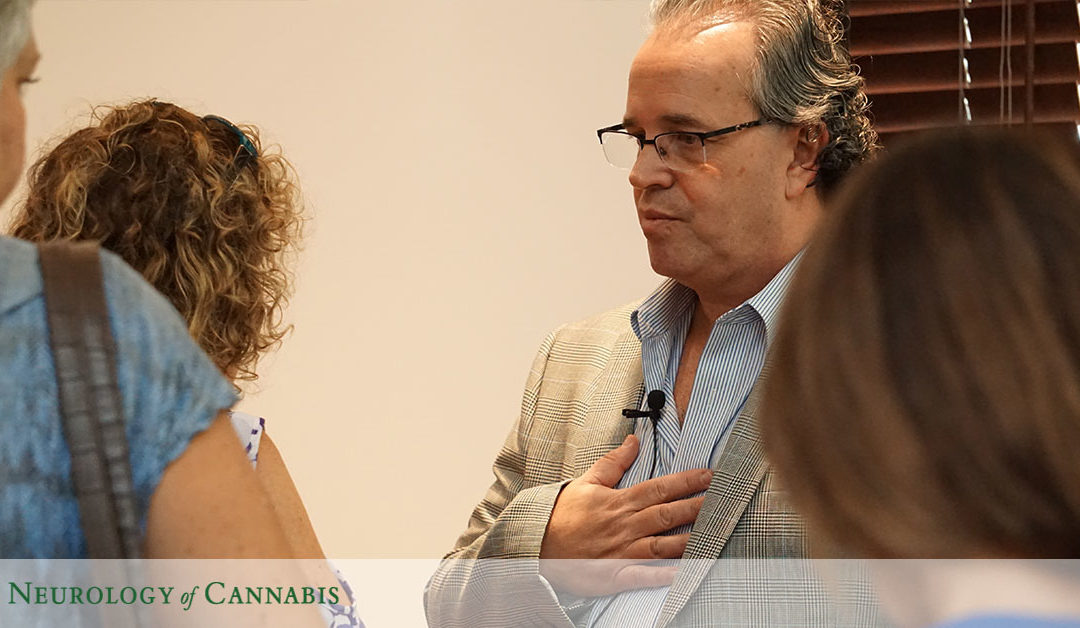High blood pressure is a prevalent health condition, found in about 33% of American adults. Also known as hypertension, high blood pressure can become a major contributor to heart and kidney disease, heart failure and stroke if left untreated and unmanaged.
There are a number of factors which can raise your risk of developing hypertension, including a poor diet, excess stress, lack of physical activity, and alcohol or tobacco use.
How Does Cannabis Affect High Blood Pressure
Because elevated blood pressure levels are typically inconsistent with good health, it is vital to understand how cannabis affects these levels. Research indicates that following cannabis consumption, users will experience a low to moderate increase in blood pressure and heart rate, with a subsequent decrease in blood pressure (hypotensive effect). Elevated heart rate and blood pressure reach their highest point approximately 15 minutes after consumption.
After repeated use, however, the user may develop a tolerance to cannabis. This tolerance can cause the body to skip elevated blood pressure altogether. Both anecdotally and in research studies, cannabis is advantageous for hypertension management.
These effects on blood pressure are well understood in medical circles.
However, as is the case with many aspects of cannabis use, research studies that go much further are sparse. Therefore, it is not fully understood the long-term adverse effects; conversely, any positive effects are not thoroughly understood.
Most research regarding high blood pressure that does exist is generalized, zeroing in on THC while neglecting the study of the many other cannabinoids. It stands to reason that the psychoactive cannabinoid THC would cause a different reaction than the non-intoxicating cannabinoid CBD. Studies typically do not differentiate results based on the method of administration, making specific findings difficult.
Fun Fact – Posture Matters: Interestingly, posture during consumption may affect the cannabis effect on blood pressure. When sitting or lying down, blood pressure will temporarily increase after consumption. Standing will cause blood pressure to drop. Conversely, if you consume cannabis while standing, your blood pressure may lower without the initial increase.
Cannabis and Heart Disease
A study that spanned 15 years followed 3,617 adults to determine if there was a long term causal link between consuming cannabis and the elevated risk of stroke or heart attack. However, there is limited data that would suggest a link connecting acute intoxication and heart disease. However, the reports often don’t consider that the subject may have ingested other substances, such as alcohol or tobacco, along with cannabis.
A Harvard Medical School study determined that for 60 minutes after consuming cannabis, the odds of experiencing a heart attack increases by five times, especially in higher-risk groups. After two hours, the risk subsides.
Cannabis and Hypertension Treatment
The body’s endocannabinoid system has an essential role in regulating the body’s critical physiological functions and systems, including the cardiovascular system.
Recent research indicates that the body’s natural version of THC, known as anandamide, relaxes blood vessels. The inference is that relaxed blood vessels permit blood to flow more freely and reduce blood pressure.
A report produced by the National Institute on Alcohol Abuse & Alcoholism stated that “endocannabinoids tonically suppress cardiac contractility in hypertension,” and that “targeting the endocannabinoid system offers novel therapeutic strategies in the treatment of hypertension.”
However, no cannabinoid-based medicines have been approved to treat hypertension, even though the correlation has been studied for decades. As anecdotal evidence and small studies continue to accumulate supporting cannabis as a method of reducing blood pressure, the industry is still seeking the meticulous human studies that would establish a clear connection between the two.
Dr. Daniel P. Stein is a Sarasota-based neurologist and expert in medical cannabis and integrative treatment solutions.

